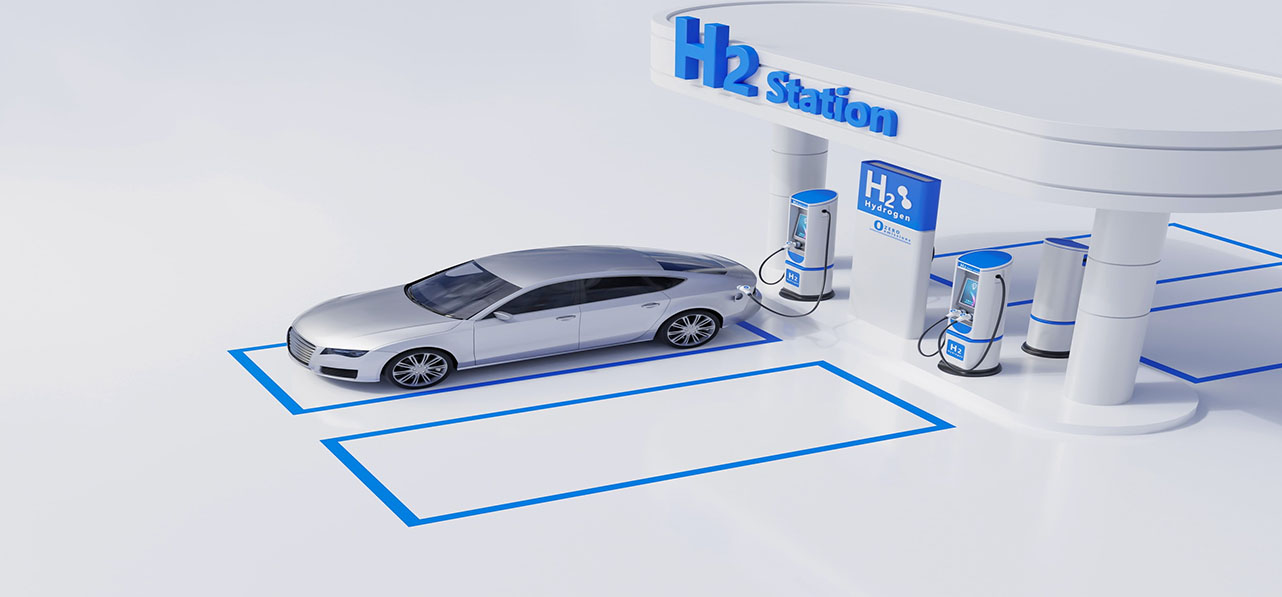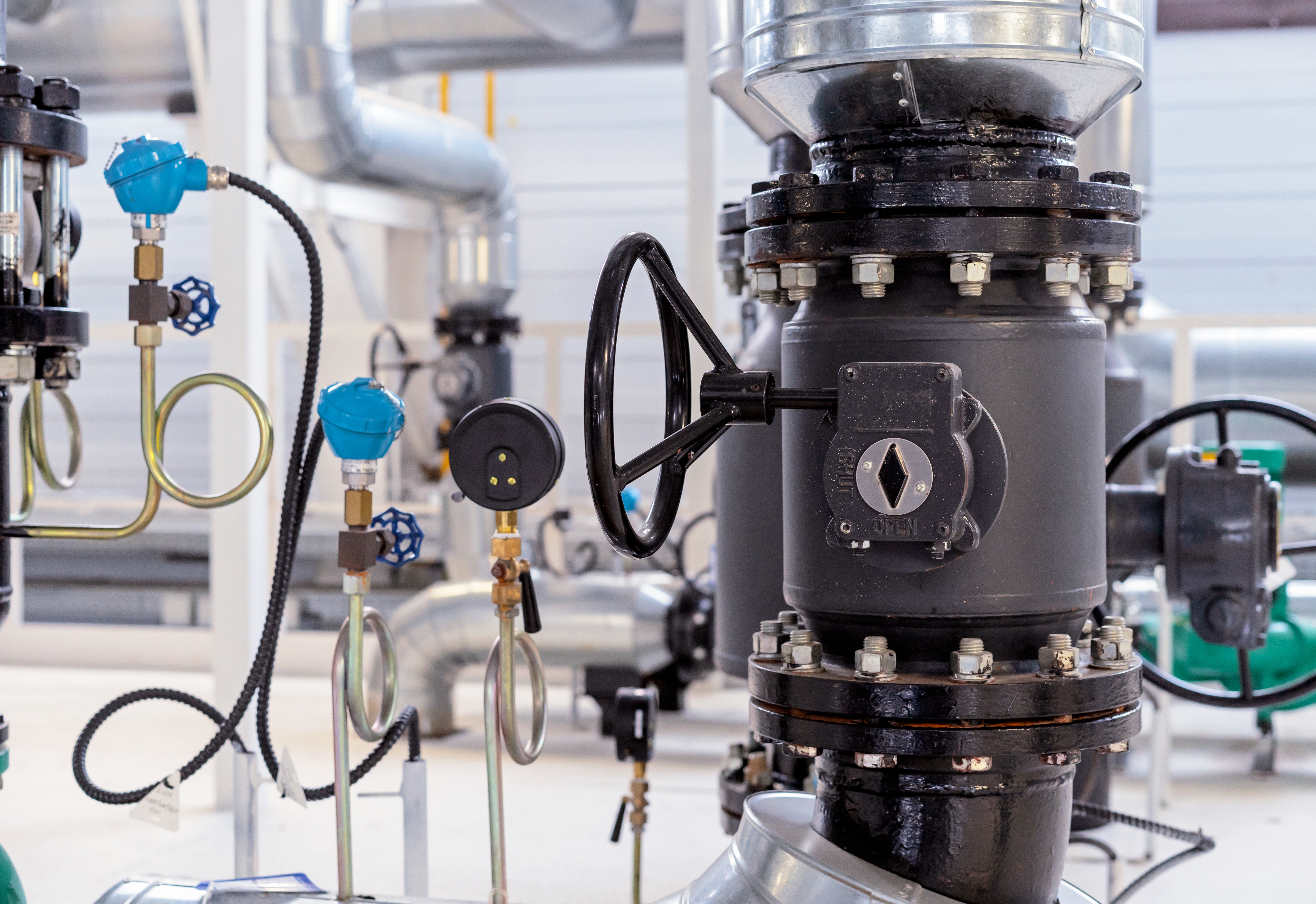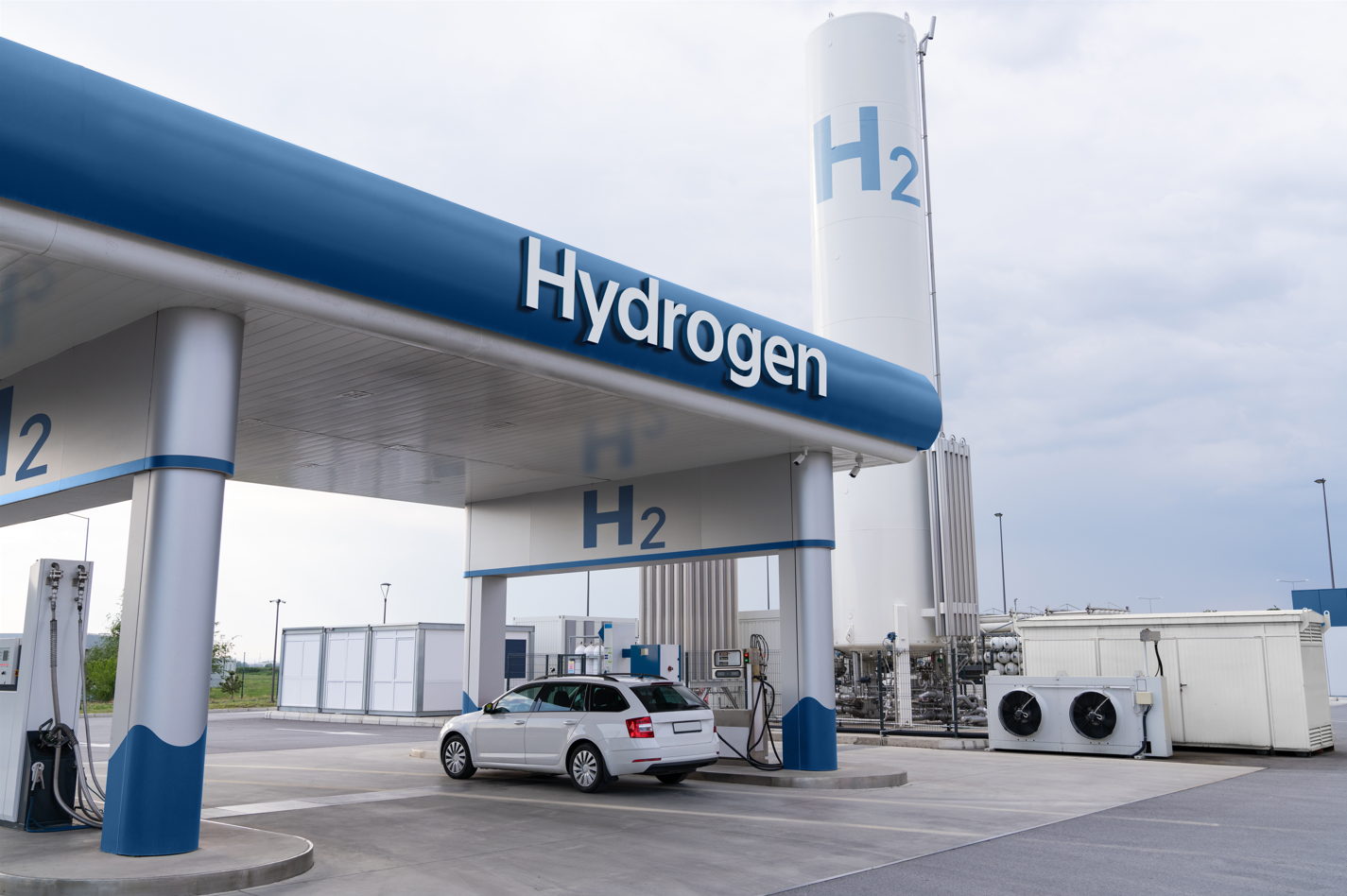Featured Articles
2022-08-19
GM taps into hydrogen-powered vehicles with niche market

Heavy-duty Vehicles are one of the great potential markets for hydrogen fuel cells development just around the corner.
General Motors, the largest automaker in the United States, which has been researching fuel cells for more than 50 years, has no actual plan to mass-produce hydrogen-powered passenger cars. But this does not mean that the company does not pay attention to the development of hydrogen vehicles. On the contrary, it cuts in from a broader perspective. With the investment of 35 billion US dollars in electric and autonomous vehicles in 2025, the development of hydrogen fuel cells is regarded as a long-term promised technology which does not limit its development to the power source of mobile vehicles in the narrow sense, but is defined in the concept of platform development in a broad sense called Hydrotec. In addition, GM believes that Ultium, a lithium vehicle technology platform, still has shortcomings, and needs to be complemented by a fuel cell system Hydrotec, which is a complete electric processing solution. The company's rule of thumb is that batteries are best used to replace gasoline-powered vehicles and equipment, while fuel cells are better suited for longer distances and vehicles such as diesel-fueled semi-trucks. Although fuel cell technology has dramatically lowered the cost curve, concerns over consumer acceptance, fuel infrastructure and cost have led GM to lock in applications beyond the car.
As early as 2012, General Motors produced 16 hydrogen vehicles in Hawaii for the U.S. Army, which is known as the world's first hydrogen vehicle fleet; in 2015, it cooperated with the Army to develop off-road hydrogen energy pickup trucks; Hydrogen fuel cells for submarines. In 2021, Liebherr-Aerospace and Liebherr-Aerospace of France announced a partnership to develop a hydrogen-powered aircraft demo system. In the same year, a memorandum was issued to design freight locomotives and supply Ultium lithium batteries and hydrogen fuel cell systems for Westinghouse Brake Company Wabtec cooperated with start-up company Navistar to develop hydrogen-powered semi-trucks.
In terms of platform development, the use of second-generation HYDROTEC fuel cell technology to expand into new commercial uses was announced in early 2022. The establishment of charging stations often requires upgrades to the electrical infrastructure, requiring substantial investments in larger feeders, transformers and potentially new substations. This kind of hydrogen fuel cell as the power source is called EMPOWER fast charger, which can omit the above investment and provide fast charging function for lithium vehicles in an economical way. This charging hotspot can also be installed at existing gas stations or places where there is a temporary influx of tourists but temporary power needs such as national parks or resorts. GM plans to deploy 500 EMPOWER fast chargers across the U.S. by the end of 2025. Another application is a trailer-mounted mobile generator system, which can be used for military purposes or where emergency power generation is required. In the future, GM plans to introduce a third-generation Hydrotec fuel cell with higher power density and lower cost in the middle of the decade, but there are no further details.
Originally, Honda was developing hydrogen vehicles independently. After all, the company was small in scale and could not do enough. Since 2013, a multinational and GM agreement to jointly develop hydrogen fuel cell technology has become a part of GM's strategic new energy vehicle layout. It is also an extension of the previous self-developed lithium car. Then in 2016, it decided to build a joint venture hydrogen fuel cell assembly plant in Michigan. It is a pity that Honda announced in 2021 that it will terminate the production of the hydrogen-powered car Clarity, which started sales in 2016 and has a cumulative global sales volume of 1,900 units. The company's CEO Toshihiro Mibe said in early 2022 that he did not think hydrogen combustion would be feasible for cars. However, he has also said that with regard to the mainstream of the market, perhaps for smaller mobility, it will be lithium vehicles; hydrogen vehicles are used for greater mobility. In April 2021, Honda announced that the sales ratio of new energy vehicles such as hydrogen vehicles jointly developed by lithium vehicles and GM will increase to 40% of total sales in 2030, 80% in 2035, and completely stop the sale of fuel vehicles in 2040 for the target which no changes have been announced so far. This is enough to show that Honda has no intention of giving up the development of hydrogen vehicles, but it must cooperate with the reality of the market and make flexible adjustments over time.
References
-
Electrek, 2020-04-22, Bradley Berman, Daimler ends hydrogen car development because it’s too costly
-
Financial Times, 2020-05-10, Richard Milne, Volvo and Daimler bet on hydrogen truck boom this decade
-
Green Car Congress, 2022-05-20, Renault Scénic Vision hydrogen hybrid concept offers 75% smaller carbon footprint than a conventional BEV
- Electrek, 2022-01-20, Scooter Doll, Honda CEO says Toyota’s strategy topursue hydrogen combustion ‘doesn’t seem feasible’
- CNBC,2021-06-21, Michael Wayland, GM plans to expand fuel-cell businessbeyond EVs
-
General Motors, News Room, GM Plans to Broaden Electrification, Expanding Fuel Cells Beyond Vehicles
-
Reuters, 2021-09-22, Nick Garey, German auto giants place their bets on hydrogen car
-
CNBC,2022-05-22, Anmar Frangoul, The most dumb thing’: Elon Musk dismisses hydrogen as tool for energy storage
- Bloomberg, 2022-05-26, Annie Lee, The Trouble With Lithium
- Gear Patrol, 2022-03-15, Tyler Duffy, Ford May Be Planning to Keep the Internal Combustion Mustang Alive



